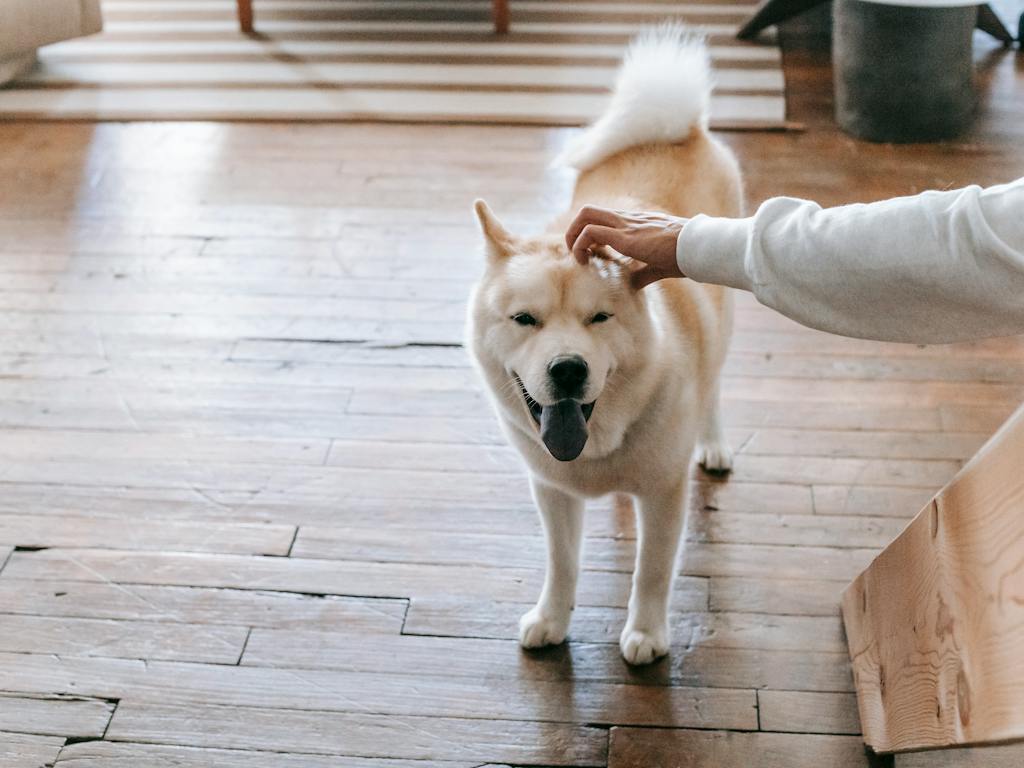As our furry companions age, they require extra love and attention to ensure they live their golden years comfortably and happily. Just like humans, dogs go through changes in their bodies and behaviors as they get older. To provide the best care for your senior canine friend, here are seven friendly tips to help you navigate this new phase of your life.
Regular Vet Visits
Just like puppies, older dogs also need regular visits to the veterinarian. These visits become even more crucial as they age. Annual check-ups can help detect and address potential health issues early on. Your vet can recommend specific tests and screenings tailored to your dog’s age and breed, ensuring their overall well-being.
Balanced Diet
A well-balanced diet is essential for your older dog’s health. Consult your veterinarian to determine the right type and amount of food for their needs. Senior dogs may require a diet that supports joint health, maintains a healthy weight, and addresses any medical conditions they might have, such as kidney or heart issues.
Exercise and Mental Stimulation
While older dogs may not be as active as once, regular exercise is still important for maintaining physical and mental health. Adjust their exercise routine to accommodate their energy levels and any joint stiffness they might experience. Engage them in light play, short walks, and mental stimulation activities to keep their minds sharp.
Comfortable Living Environment
Create a comfortable and safe living environment for your senior dog. Provide a cozy bed with ample cushioning to keep their joints warm. Non-slip surfaces around the house can prevent accidental slips and falls, especially if they experience mobility issues.
Joint and Mobility Support
As dogs age, joint problems such as arthritis can become more prevalent. Talk to a vet about supplements or medications to relieve joint pain and improve mobility. Consider adding ramps or steps to help them access their favorite spots, like the couch or bed, without straining their joints.
Regular Grooming
Grooming becomes more important as dogs age. Older dogs might have trouble grooming themselves due to limited mobility, so regular brushing and baths are essential to maintain their coat’s health and cleanliness. Additionally, watch for any lumps, bumps, or changes in their skin, and consult your vet if you notice anything unusual.
Emotional Well-Being
Senior dogs may experience anxiety or changes in behavior as they age. Spend quality time with your furry friend, offering them love and reassurance. Engage their minds with interactive toys and puzzles that challenge their cognitive abilities. Be patient and understanding if they show signs of confusion or irritability, as these are normal aspects of aging.

